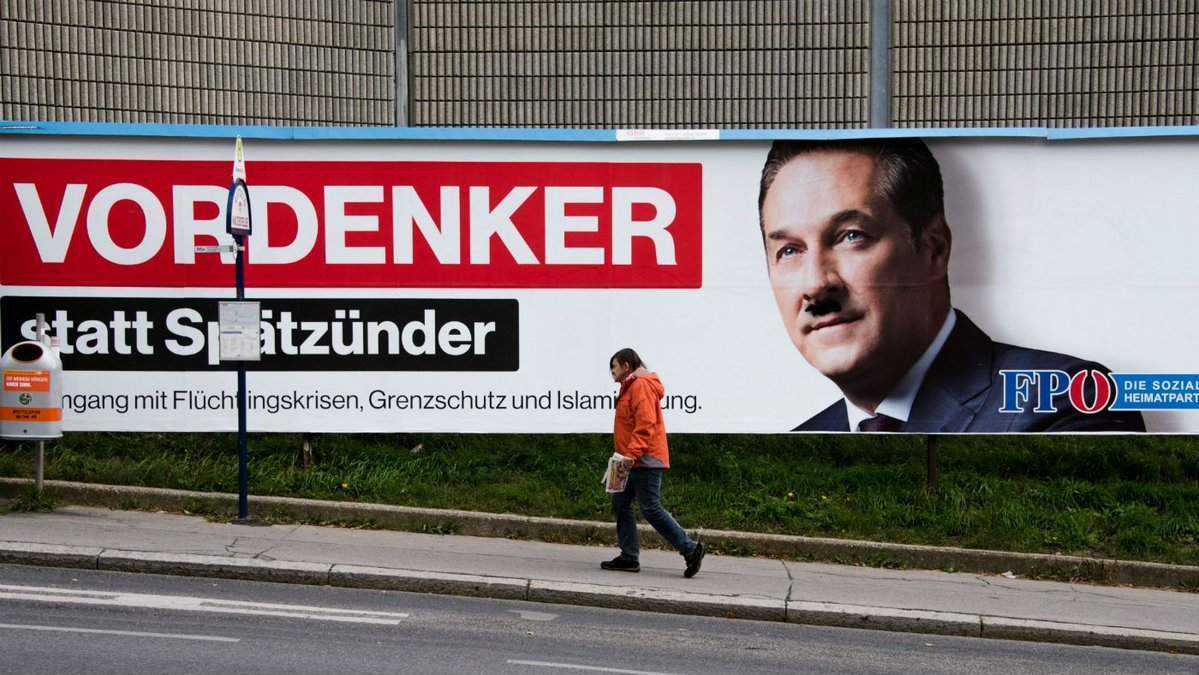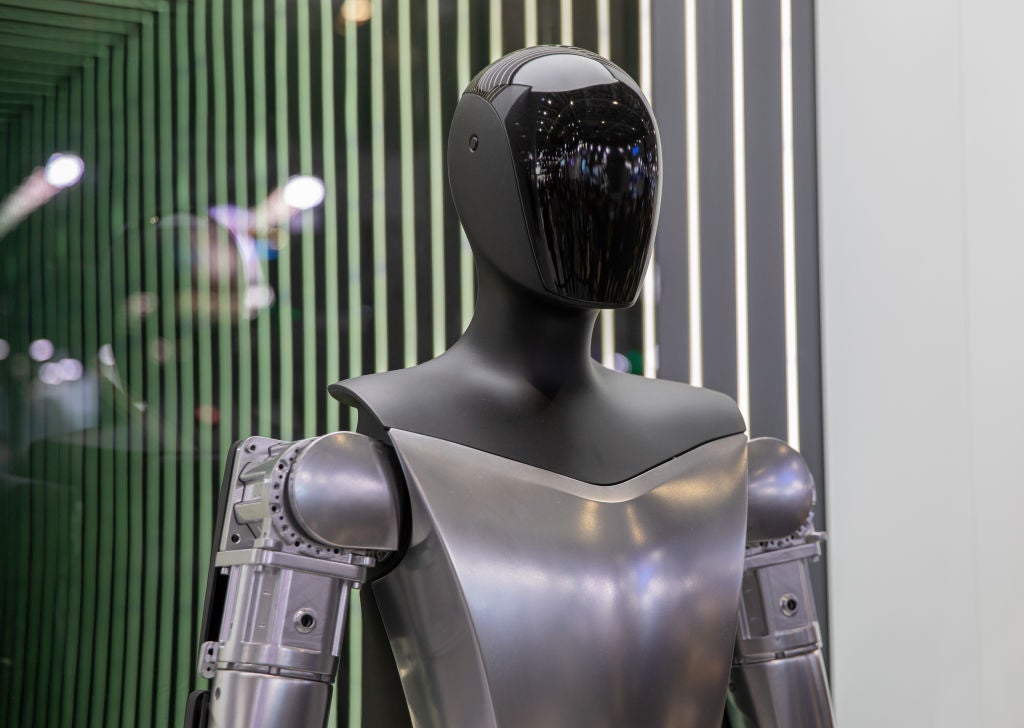
Austria’s election on Sunday could give the country’s nationalist Freedom Party a share of power as part of a coalition government.
The Freedom Party’s leader Heinz-Christian Strache has a a neo-Nazi background. His campaign has largely focused on immigration and fears of radical Islam, at a time when far-right parties across Europe are becoming increasingly popular.
“The Freedom Party is drooling over getting into government again,” said Thomas Hofer, a political consultant based in Vienna.
In the German election just three weeks ago, the Alternative for Germany (AfD) party returned to parliament for the first time in 60 years after receiving 12.6 percent of the vote.
Strache, who was arrested by German police as a 20-year-old for taking part in a march organised by a banned neo-Nazi movement, is fighting for second place behind Sebastian Kurz of the centre-right Austrian People’s party (ÖVP).
At the start of this year, Strache called for a ban on “fascistic Islam” — including Muslim symbols.
How well do you really know your competitors?
Access the most comprehensive Company Profiles on the market, powered by GlobalData. Save hours of research. Gain competitive edge.

Thank you!
Your download email will arrive shortly
Not ready to buy yet? Download a free sample
We are confident about the unique quality of our Company Profiles. However, we want you to make the most beneficial decision for your business, so we offer a free sample that you can download by submitting the below form
By GlobalDataKurz opposed opening up Austria’s borders in 2015 during Europe’s refugee crisis and like Strache, he also wants to restrict benefits for immigrants.
“Above all, we want to stop illegal immigration so there is order and security in our country,” Kurz told his last campaign rally on Saturday in the southern city of Graz. “We want there to be a new fairness in our country, for social safety nets to be there for those who really need help but for immigration into our social security system to stop, to protect our social security system.”
Erik Nielsen, chief economist at UniCredit, said that Kurz is a bulwark against the rise of the Freedom Party, however.
Sebastian Kurz’s genius has been to offer clear — if rather simple — answers. While Kurz’s immigration policies may run counter to the thinking in Berlin and Paris, there is probably relief (and appreciation) that he curtailed the Freedom Party.
Meanwhile, the Social Democrat Party under chancellor Christian Kern who presides over a coalition government with Kurz’s OVP, is polling third.In January, Kern announced plans to create 70,000 jobs with measures including tax relief for companies hiring new workers.
He has also prioritised reducing Austria’s refugee inflow and banning religious veils like burqas or niqabs. Neither Kurz nor Kern have ruled out entering a coalition with Strache’s Freedom Party.







